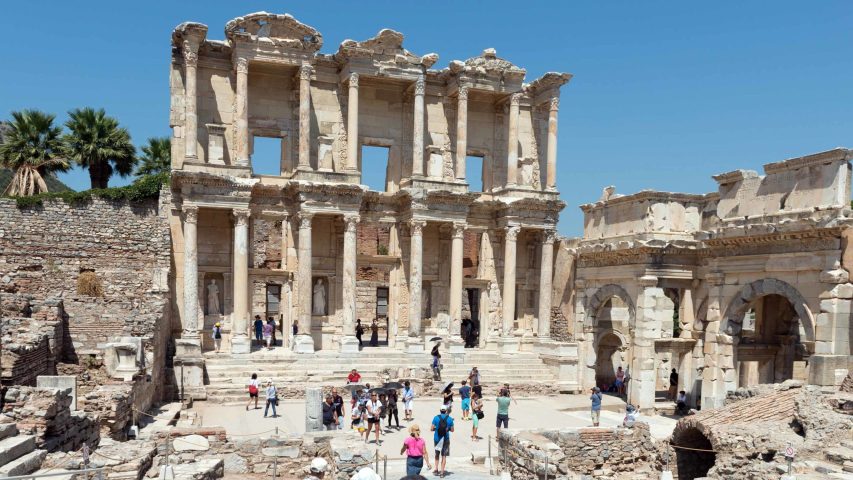Table of Contents
- Introduction
- Burning Books 213 B.C.
- Persecuting Philosophers
- Banned Books & Bible
- Books lost forever
- Inquisition Censorship
- Index Librorum Prohibitorium
- Copernicus & Galileo
- Darkness in Enlightenment
- Revolution & Banned Books
- Colonialism & Book Bans
- New Nation Censorship
- Nazi Germany Book Burning
- USSR Banned Books
- McCarthyism Book Banning
- 21st Century Book Bans
- Banned Books Battles
- Digital Age Book Banning
- World Wide Book Banning
- Book Banning is Bad
- The Future of Book Banning
- Looking Back in History
- Discover New Worlds
Burning Books that are Gone Forever

Burning books at world's best library
Burning books did not start in our lifetime. Book burning goes back to the beginning of history. This history teems with exciting, thought-provoking stories. One tale, in particular, revolves around the ancient Library of Alexandria. This tale, captivating and educational, reveals the importance of knowledge, diversity, and thought freedom.
Let’s journey back to the 3rd century BC, to bustling Alexandria, Egypt. The Library of Alexandria, a city’s heartbeat, bustled with bright minds. Countless wisdom-filled scrolls resided within its walls. Scholars globally gravitated to this haven, enriching its knowledge reservoir while garnering priceless wisdom.
Sadly, this knowledge behemoth wasn’t destined for eternity. Throughout history, multiple destruction incidents plagued the Library. A contentious event allegedly occurred under Caliph Umar’s Islamic Caliphate in the 7th century AD.
As the story goes, the Islamic army, upon seizing Alexandria, held uncertainty about the library’s books. General Amr ibn al-As sought guidance from Caliph Umar. Umar purportedly dismissed the books’ value if echoing the Quran and flagged them as threats if contradicting. Subsequently, soldiers are said to have used the books for heating public baths for months.
Nevertheless, intense debates surround this tale. Certain historians maintain that the library already sat in ruins upon the Islamic forces’ arrival, possibly a consequence of Julius Caesar’s 48 BC war. They argue this story could serve to smear the Islamic regime’s image.
Despite the truth’s ambiguity, the Library of Alexandria’s story delivers a vital lesson. It showcases the immeasurable worth of knowledge and the harm in stifling diverse thought. The prospect of such abundant wisdom disappearing forever highlights the perils of banning books and curtailing intellectual freedom.
Moreover, this tale underscores the imperative to protect and cherish our collective knowledge heritage. Libraries, whether as old as Alexandria or modern-day versions, serve as repositories of human wisdom. They epitomize our innate curiosity, our yearning to understand the world, and our unwavering wisdom pursuit.